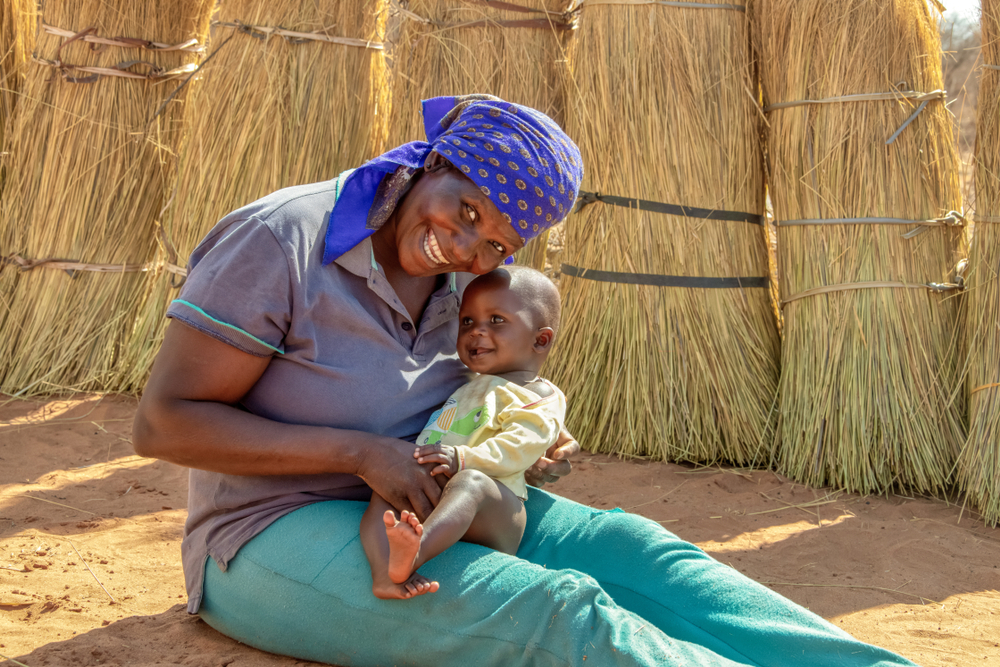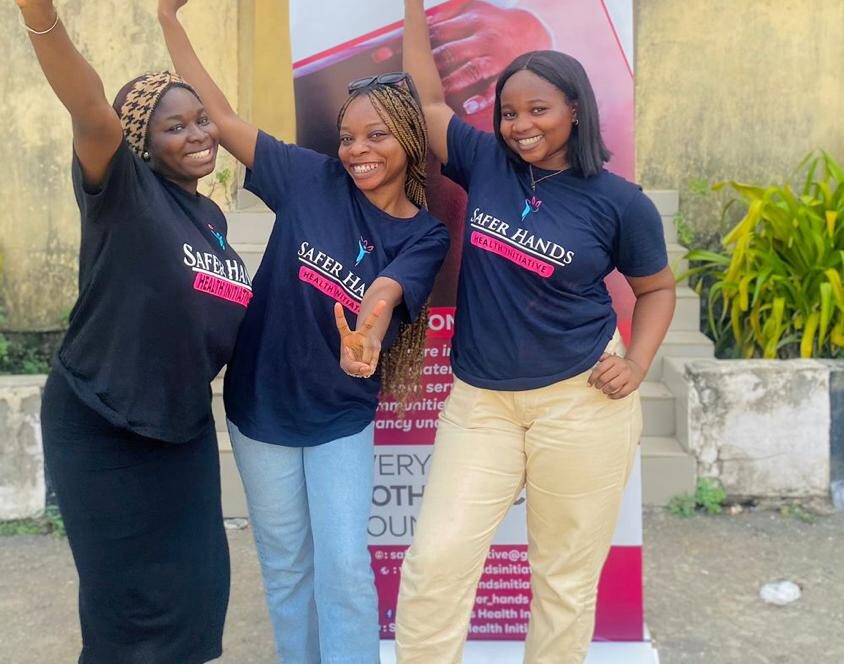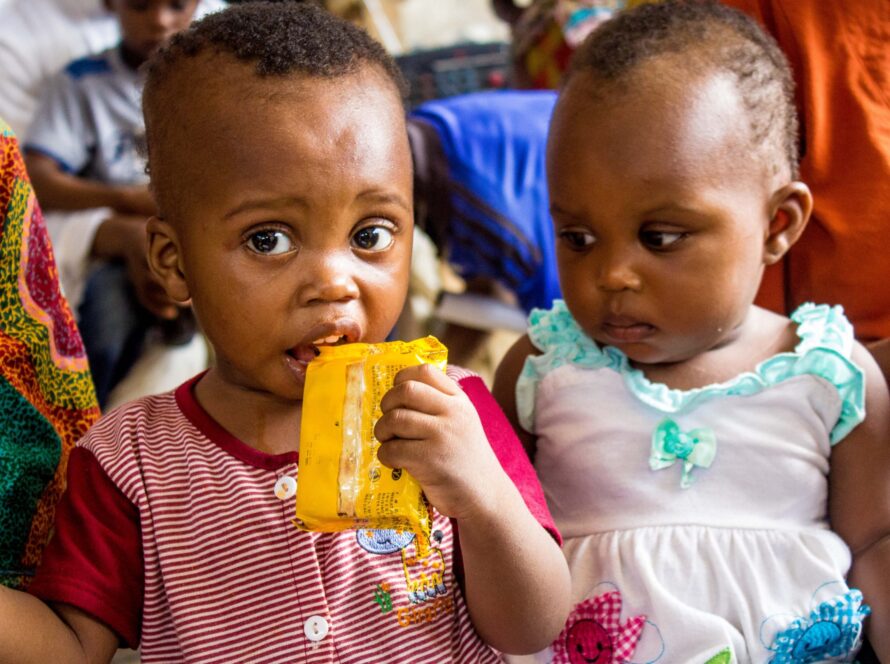Corona Virus Disease 2019 (COVID-19) is a worldwide pandemic as declared by the World Health Organization, which has affected well over half a million people globally and as of today has claimed over 27,000 lives. The viral infection was first discovered in Wuhan, China December 2019 and has since been wreaking havoc on the health and economic systems of the world. Equally affecting the rich and poor, developed, developing and underdeveloped nations.
This season – like every other – does not exclude the pregnant woman or the newborn but pose a major effect on them as times are changing, in terms of care, delivery safety, risk of infection from attending scheduled clinic appointments, hospital visitations and the other likes. However, according to the guideline by the Royal College of Obstetrician and Gynecologists (RCOG), our priorities as health care providers are to the reduce transmission of COVID-19 to pregnant women and provide safe care to women in general especially those suspected or confirmed to have COVID-19.
Pregnant women have always been categorized as part of the ‘vulnerable group’ from time immemorial even during this pandemic; this can be attributed to the hyper physiological changes that occurs with the state, as pregnancy itself alters the body’s immune system and its response to viral infections in general, which can occasionally be related to more severe symptoms and can be the same for COVID-19. However, Pregnant women do not appear to contract the infection more than the general population, also there is no evidence to suggest an increased risk of miscarriage.
Furthermore, regarding vertical transmission from mother to child (intrauterine and extrauterine), emerging evidence now suggests that vertical transmission is probable, although the proportion of pregnancies affected and the significance to the neonate has yet to be determined. Previous case reports from China suggested that there was no evidence for this and amniotic fluid, cord blood, neonatal throat swabs, placenta swabs, genital fluid and breastmilk samples from COVID-19 infected mothers have so far all tested negative for the virus.
A new report published on Thursday, 26 March 2020 describes a single maternal-neonatal pair in which the infant born to a COVID-19 positive mother was found to have SARS-COV-2 IgM in serum at birth and since IgM does not cross the placenta, this is likely to represent a neonatal immune response to in utero infection. Therefore, it is necessary for all confirmed pregnant women to increase their social distancing and follow all available guidelines by the government and health care professionals to reduce the risk of infection.
It is advisable for them to limit their hospital visits to as minimum as possible, also for them to take proper care and pay close attention to themselves, so in case of any changes, they can be present at the nearest hospital as soon as possible.
As support towards the ongoing pandemic; we at Safer Hands Health Initiative are continually contributing to the safe delivery of every pregnant woman, hence, available to donate sterile birthing kits to pregnant women, traditional birth attendants and other grassroot level health care providers while promoting hygienic practices and safety precautions.
References;
Agoyi M. O.
Programs Manager,
Safer Hands Health Initiative,
+2348052915038




